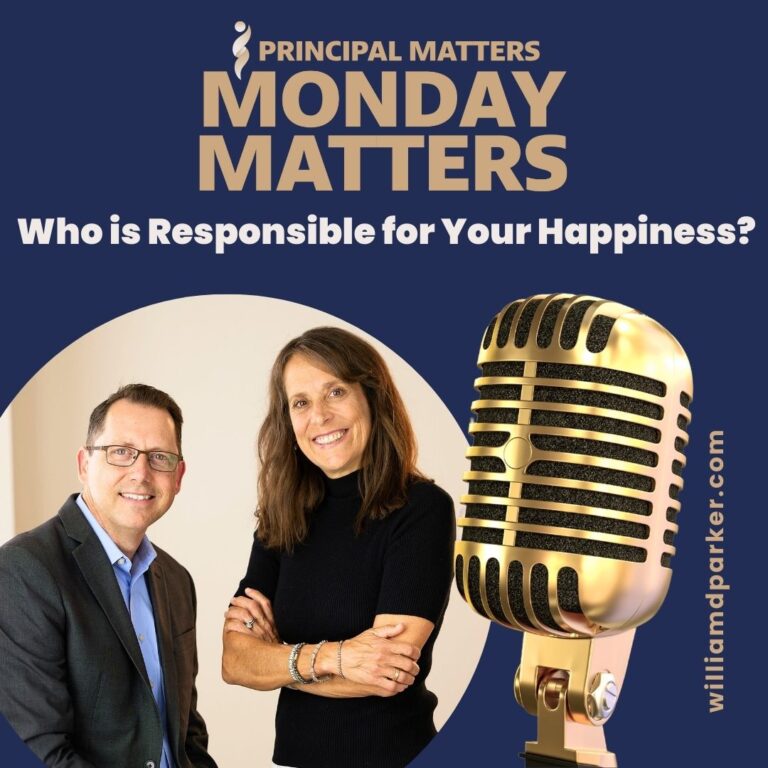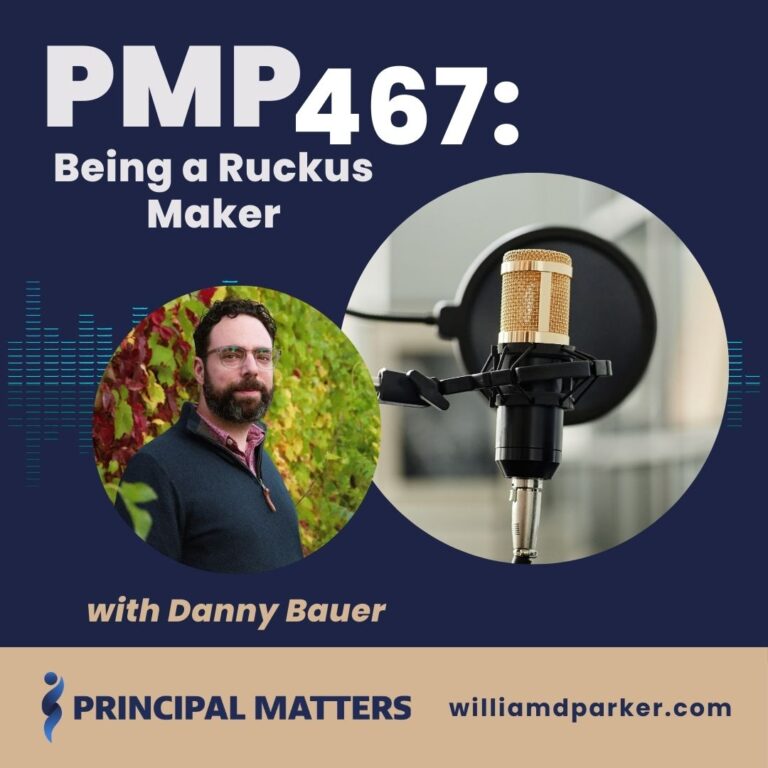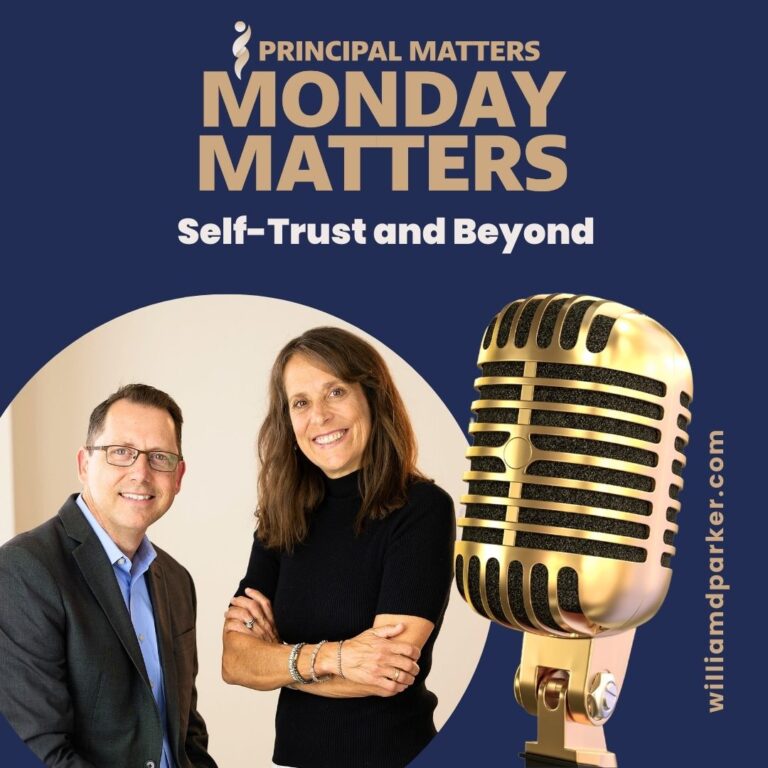Podcast: Play in new window | Download
A Quick Note to Listeners:
Before this week’s episode, Will and Jen take some time to answer the following listener question:
Is achievement only dependent on the perfect leader happening along at the perfect time?
Listen in to hear their response!
Meet Tony Frontier:
Tony Frontier, PhD, is an award-winning educator, author, and consultant who works with schools to improve curriculum, instruction, and assessment. A former teacher, associate principal, and curriculum director, he engages in research. He works with principals and teachers to develop engaging curriculum, use effective instructional strategies, design systems of teacher supervision that support reflective practice, and use data & assessment to improve student learning. He is a consultant with McTighe & Associates and an ASCD Faculty Member.
In this week’s podcast episode, Dr. Jen Schwanke interviews Dr. Tony Frontier, an expert educator, author, and consultant specializing in curriculum, instruction, and assessment. Tony discusses his new book, AI with Intention, emphasizing that AI is already very present in schools and requires intentional use by leaders, teachers, and students. He highlights that high school students are actively using these tools and are “pleading” for clear guidance on effective use. Tony encourages principals to experiment with AI tools for their own tasks and to understand student usage, viewing AI as an interactive tutor rather than just a “super Google.” The conversation stresses the potential for AI to assist teachers (e.g., critiquing assessments against standards) and the crucial need to learn from past mistakes with cell phones and social media, integrating AI discussions into the curriculum. He also notes how AI challenges student misconceptions about learning being effortless and how the focus must remain on learning, not just task completion.
The discussion also covers Tony’s other works, including Teaching with Clarity. Tony stresses prioritizing content for deep understanding over mere coverage. He uses the jazz music metaphor—clarity on core agreements allows for creativity—to advocate for prioritizing standards to empower teachers, contrasting this with a rigid “classical music” approach. Drawing on his book titled Making Teachers Better, Not Bitter, Tony and co-author Paul Milkey advocate for systems supporting teacher reflection and growth beyond evaluation. They emphasize that principals cannot provide sufficient feedback through evaluation alone for significant improvement, highlighting the importance of a culture where growth is supported through collaboration, coaching, and student feedback. Tony links systemic change to transformational leadership focused on culture, standards, strategies, and beliefs about capacity, rather than just transactional changes. The interview concludes by reflecting on the value of artistic perspectives in leadership, noting artists’ focus on process, public performance, and skill-building, and using AI’s ability to isolate and slow down music parts as an example of how it can aid the process of learning.
Key Concepts Discussed:
AI with Intention: The need for schools to be deliberate and purposeful in how they integrate AI tools, understanding that students are already using them and require guidance.
Teaching for Understanding: Prioritizing depth of learning and conceptual understanding over simply covering large amounts of content.
Music as a Metaphor: Using the flexibility and shared agreements of jazz music as a model for school systems where clarity on core priorities allows for teacher creativity, contrasted with the rigid structure of classical music.
Supporting Teacher Growth: Focusing on systems and culture that support teacher growth and reflection through coaching, collaboration, and feedback, rather than relying solely on evaluation.
Transformational Change vs. Transactional Change: Understanding the difference between addressing deep-seated issues through relational, vision-focused leadership (transformational) and simply altering structures or resources (transactional), and focusing efforts on the former.
The conversation concludes by emphasizing that while AI tools are present and useful, the truly critical components are aligned and intentional teaching and fostering student agency and integrity, which are the things that really matter most in how these powerful tools are ultimately utilized.
Article by Tony:




